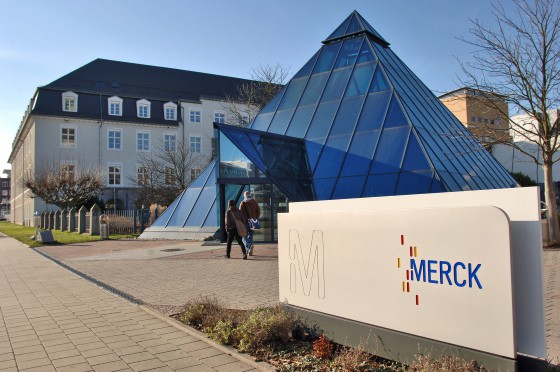
Merck KGaA and Pfizer will get an accelerated review of their PD-1 inhibitor avelumab for patients with Merkel cell carcinoma, a form of skin cancer, says the FDA.
The fast-track status comes after the FDA designated avelumab an orphan drug in MCC last month, raising the hope that a new therapy for the rare and aggressive cancer could soon be on the market.
MCC is the lead indication for avelumab, which is currently in a phase II trial – called JAVELIN Merkel 200 – involving 88 patients with metastatic MCC whose disease has progressed after at least one chemotherapy regimen.
The cancer – sometimes called neuroendocrine carcinoma of the skin or trabecular cancer – is most commonly encountered in older people and usually appears as a single painless lump on sun-exposed skin, generally on the head and neck, arms, legs or trunk.
In early stages it can be treated with surgery and chemotherapy but it tends to grow quickly and spreads to other sites (metastasises) very early on. Once spread, first line treatment is generally with carboplatin or cisplatin plus etoposide, the five-year survival rate in advanced (stage IV) patients is thought to be around 20%.
Dr. Luciano Rossetti, Merck’s head of R&D, said: “We look forward to working closely with the FDA on an expedited review process for avelumab, and we hope to be able to provide a potential new treatment option for patients with this difficult-to-treat cancer in the future.”
At its R&D update last week, Merck said it was hoping for a first launch for avelumab in 2017, initially in MCC with another indication added to the label each year through 2022. The antibody is also in trials for non-small cell lung cancer (NSCLC) and various other solid tumours, including gastric, bladder and ovarian cancer. Merck and alliance partner Pfizer are sharing responsibility for the extensive clinical programme.
Merck said at the event that it was adopting a two-pronged strategy for avelumab, which will reach the market well after rival PD-1 and PD-L1-targeting drugs such as Bristol-Myers Squibb’s Opdivo (nivolumab) and Merck & Co’s Keytruda (pembrolizumab), which are already approved for melanoma and NSCLC.
It is aiming to be first to market in some indications such as MCC and gastric cancer in Asia, and to adopt a ‘smart follower’ approach in areas where its rivals are already present though differentiated trial designs, use of biomarkers and combinations.
Other drugs in trials for MCC include pembrolizumab and Novartis’ Votrient (pazopanib) a once-daily oral angiogenesis inhibitor originally developed by GlaxoSmithKline (GSK).




